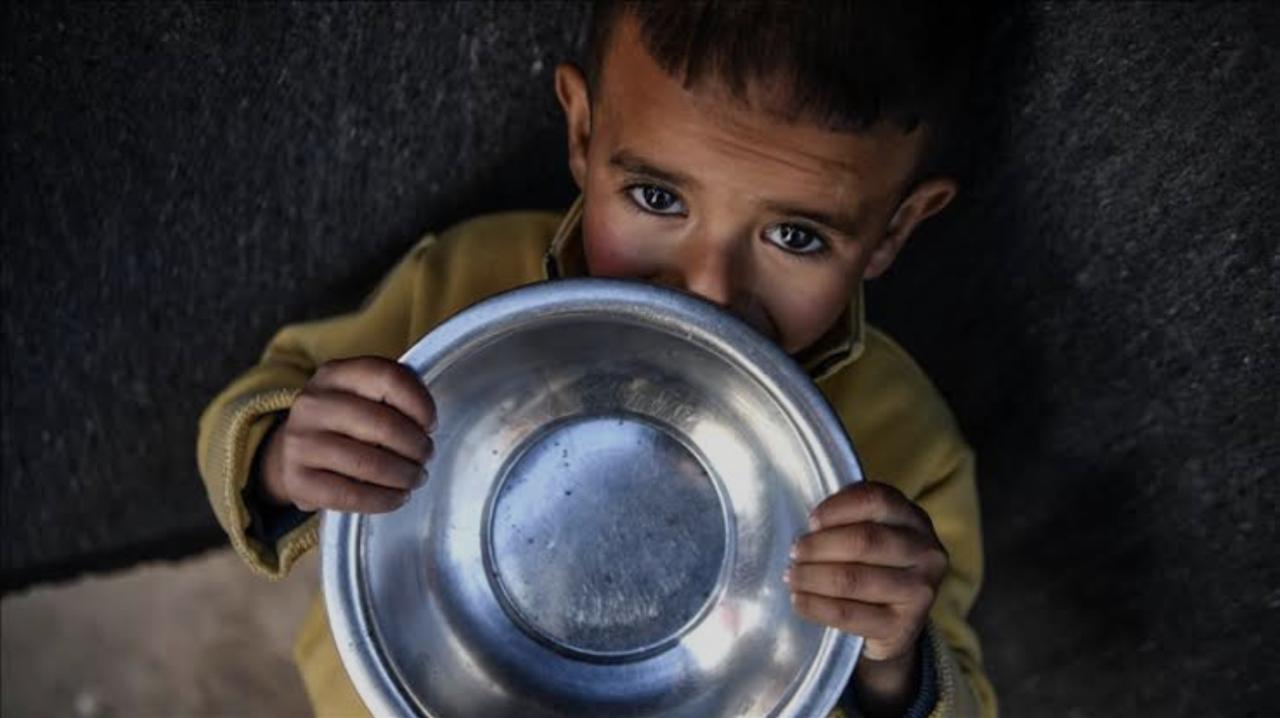The United Nations has raised alarm over a significant surge in acute malnutrition among young children in Gaza, as the region’s healthcare system teeters on the brink of collapse.
According to a report released on Thursday by the UN Office for the Coordination of Humanitarian Affairs (OCHA), more than 2,700 children under the age of five have been diagnosed with acute malnutrition—a figure that has nearly tripled since February. In the second half of May alone, screenings of nearly 47,000 children revealed that 5.8%—or 2,733—are suffering from this serious condition.
The situation is even more dire for children with severe acute malnutrition requiring hospital care, with hospital admissions for complications doubling in May compared to previous months. However, treatment options remain scarce. The report notes that only four stabilisation centres currently operate in the entire Gaza Strip. Facilities in North Gaza and Rafah have been forced to close, leaving critically ill children in those areas without access to life-saving treatment.
Since January, over 16,500 children under five have been identified and treated for severe acute malnutrition in Gaza, including 141 with serious complications that required hospitalisation.
This health crisis comes as Gaza’s entire population faces starvation conditions. The World Health Organization (WHO) has warned that the enclave’s healthcare infrastructure is on the verge of collapse. The organization issued an urgent appeal to protect two of Gaza’s last remaining hospitals: Nasser Medical Complex and Al-Amal Hospital.
“The ongoing, systematic destruction of hospitals in Gaza has persisted for far too long.” It must end immediately,” the WHO said. It emphasized that these hospitals must remain functional, accessible, and safe from attack.
“Patients in search of safety and life-saving care should not have to risk their lives just to reach a hospital,” the statement added. UN agencies, medical charities, and local health officials have repeatedly accused Israeli forces of deliberately targeting health workers and medical infrastructure in Gaza. These actions, they argue, form part of a broader effort to render life unsustainable for the Palestinian population in the besieged territory.






